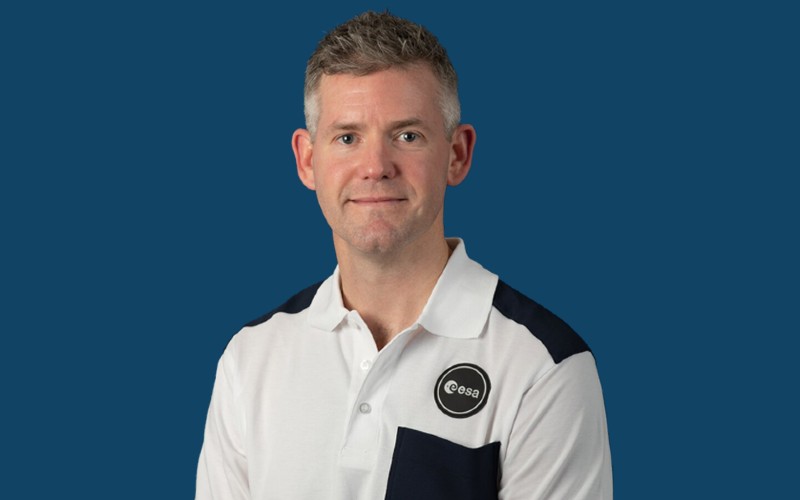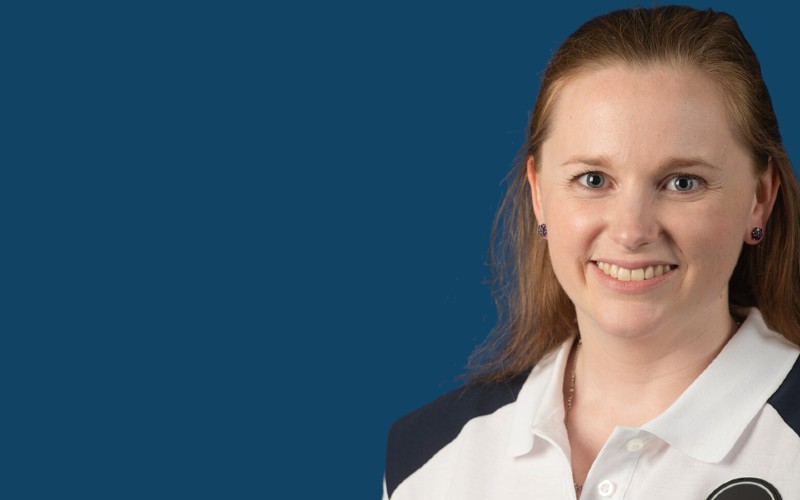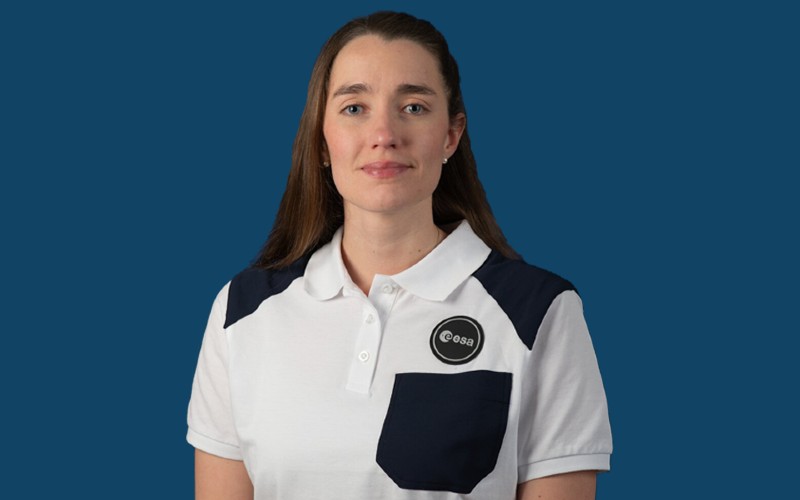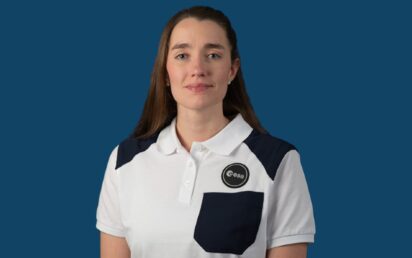The third ever UK astronaut has been unveiled alongside its first parastronaut and a reserve astronaut.
Rosemary Coogan has been selected by the European Space Agency to follow in the footsteps of Tim Peake and Helen Sharman.
She will join the ESA astronaut corps along with four other new career astronauts from ESA member states.
Former Paralympian John McFall becomes the first ever astronaut with a physical disability from the UK, while Meganne Christian will become a member of the ESA Astronaut Reserve.
They are among the first astronauts to be unveiled by ESA since 2009. Just over 22,500 people applied for the astronaut call, launched last year, including 2,000 from the UK, while 257 people applied to the call for astronauts with a physical disability. A total of 17 were selected.
The announcement was made at the conclusion of the ESA Council of Ministers meeting in Paris where the UK Space Agency committed £1.84 billion of funding to new missions and programmes.

John McFall, parastronaut
“Tim Peake’s Principia mission showed us all how space has the power to inspire millions across the country, showcasing the UK’s role as a space science superpower,” said Science and Space Minister George Freeman.
“Today’s announcement of the next set of UK ESA astronauts is a sign of international respect for both UK space scientists and the UK’s commitment to space for all.
“Just as sport is the ultimate test ground of human endeavour on land, space represents the ultimate testbed for science and technology. Just as the London 2012 Paralympic Games changed the global profile of Paralympics, so space is the ultimate environment to show our commitment to the values of shared endeavour for the good of humanity and the planet.
“I congratulate Rosemary, John and Meganne on their remarkable achievement and look forward to them inspiring a new generation.”
Astronauts on board the International Space Station support hundreds of experiments. This research helps develop new materials and medical treatments and gives a better understanding of fundamental scientific processes. It also provides the knowledge required to send humans further out into space, to the Moon and one day onto Mars.
Astronauts also take part in research as human test subjects, studying the effects of space on the body to help researchers understand ageing processes that affect us all on Earth.
The call for candidates with physical disabilities was a world first and was open to those with a lower limb deficiency or who are considered to be of short stature and met other recruitment criteria. The ESA plans to invest in the necessary adaptations of space hardware to enable them to serve as crew members on a space mission.
This is also the first time ESA has established an astronaut reserve, which is composed of the candidates who were successful throughout the entire selection process and were not recruited. They will receive a consultancy contract from ESA, while remaining with their current employers.

Meganne Christian, reserve astronaut
Dr Paul Bate, chief executive of the UK Space Agency, said: “This is a momentous day for the UK Space Agency, our space sector and the country as a whole. Through our investment in the European Space Agency, the UK is playing a leading role in space exploration and collaborating with international partners to use the unique vantage point of space to benefit life on Earth.
“Space has an incredible power to inspire and I am sure Rosemary, John and Meganne will become heroes for many young people and inspire them to shoot for the stars. It’s also important to remember that, behind every astronaut, there is a dedicated team of people, including in the UK, working behind the scenes to achieve the incredible.”
The position of astronaut is just one possible career path in the UK space industry, which generates £16.5 billion a year and employs 47,000 people in various roles from aerospace engineers, satellite technicians, research scientists to entrepreneurs and lawyers.
The UK Space Agency has been a member of the ESA human exploration programme since 2012.
European Space Agency backs InsurTech trailblazer BirdsEyeView

